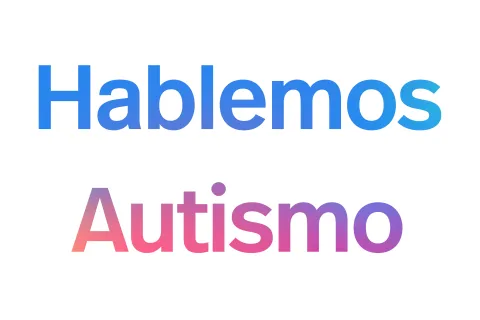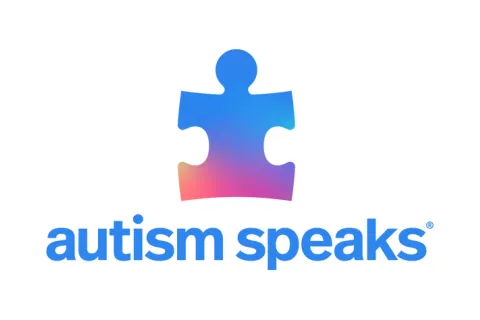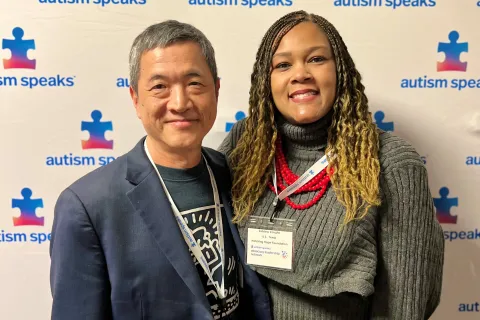Information for classmates
School Community Tool Kit
Whether you already know a student with autism or are just getting to know one, you’ll probably find this information helpful. If you make the effort to include, communicate, understand and respect, you’ll both be sure to get something out of your friendship.
Include
- Take the initiative to include him - he may desperately want to be included and may not know how to ask. Be specific about what you want him to do.
- Find common interests - It will be much easier to talk about or share something you both like to do (movies, sports, music, books, TV shows, etc.).
- Encourage him to try new things because sometimes he may be afraid to try new stuff. Don’t ignore him, even if you think he doesn’t notice you.
Communicate
- Communicate clearly - Speak at a reasonable speed and volume. It might be helpful to use short sentences. Use gestures, pictures, and facial expressions to help communicate.
- Speak literally – do not use confusing figures of speech (He may truthfully tell you, “the sky” if you ask “What’s up?”)
- Give feedback - If your friend with autism is doing something inappropriate, it’s OK to tell him nicely. Just be sure to also tell him what the right thing to do is because he may not know.
- Take time to say ‘hi’ whenever you see him. Even when you’re in a hurry and pass him in the hall, just saying ‘hi’ is nice.
- Be persistent and patient - Remember that your friend with autism may take more time to respond than other people. It doesn’t necessarily mean he isn’t interested
Understand
- Remember sensory sensitivity - Your friend may be very uncomfortable in certain situations or places (crowds, noisy areas, etc.). Ask if he is OK. Sometimes he may need a break.
- Find out what his special interests or abilities are and then try to find ways to let him use them.
- Ask questions – Ask a teacher or aide if you’re confused about something he is doing. There is a reason kids do things. If you figure it out, you might be able to help him.
- Ask someone at your school for more information from Autism Speaks.
- If your friend with autism is ‘freaking out,’ it’s probably because he is trying to communicate something, not because he’s just being weird. Something might really be bothering him or he might be afraid or frustrated and unable to communicate about it. Try to understand. Ask a teacher or another adult for help.
Respect
- Accept his or her differences and respect strengths just as you would for any friend.
- Don’t be afraid - Your friend is just a kid like you who needs a little help.
- Stand up for him - If you see someone teasing or bullying a friend with autism, take a stand and tell the person that it’s not cool. Don’t tease. Sometimes he may not understand the teasing or sometimes he may thing you are being friendly when you really are not. If other kids tease him, pull them aside and tell them to stop. If you are concerned he is being bullied, tell a teacher or an aide.
- Be helpful, but don’t be too helpful. If you’re too helpful, it may make him feel more different. Let him try to do it first by himself, then help out if he needs it. Ask him to do things with you, but don’t just explain it to him; show him what to do so he can imitate you.
- Say something to him when he does good things. You can cheer, give ‘high-fives’ or just tell him ‘great work.’ He likes to be complimented, just like you do.
- It’s OK to get frustrated with him sometimes or to want to play alone or with somebody else. If he won’t leave you alone after you’ve asked him nicely, tell a teacher or another adult who can help you.
- Find something to like, a special skill to admire or a special interest he has. Some kids with autism are great with math, spelling, or computers or they have a great memory for the class schedule. Who knows? Maybe he will help you!
Information adapted from How To Be a Friend to Someone With Autism, by Peter Faustino and Ideas from the FRIEND Program about being a friend to a person with autism, by the Southwest Autism Research and Resource Center (SARRC)’s FRIEND Program.








